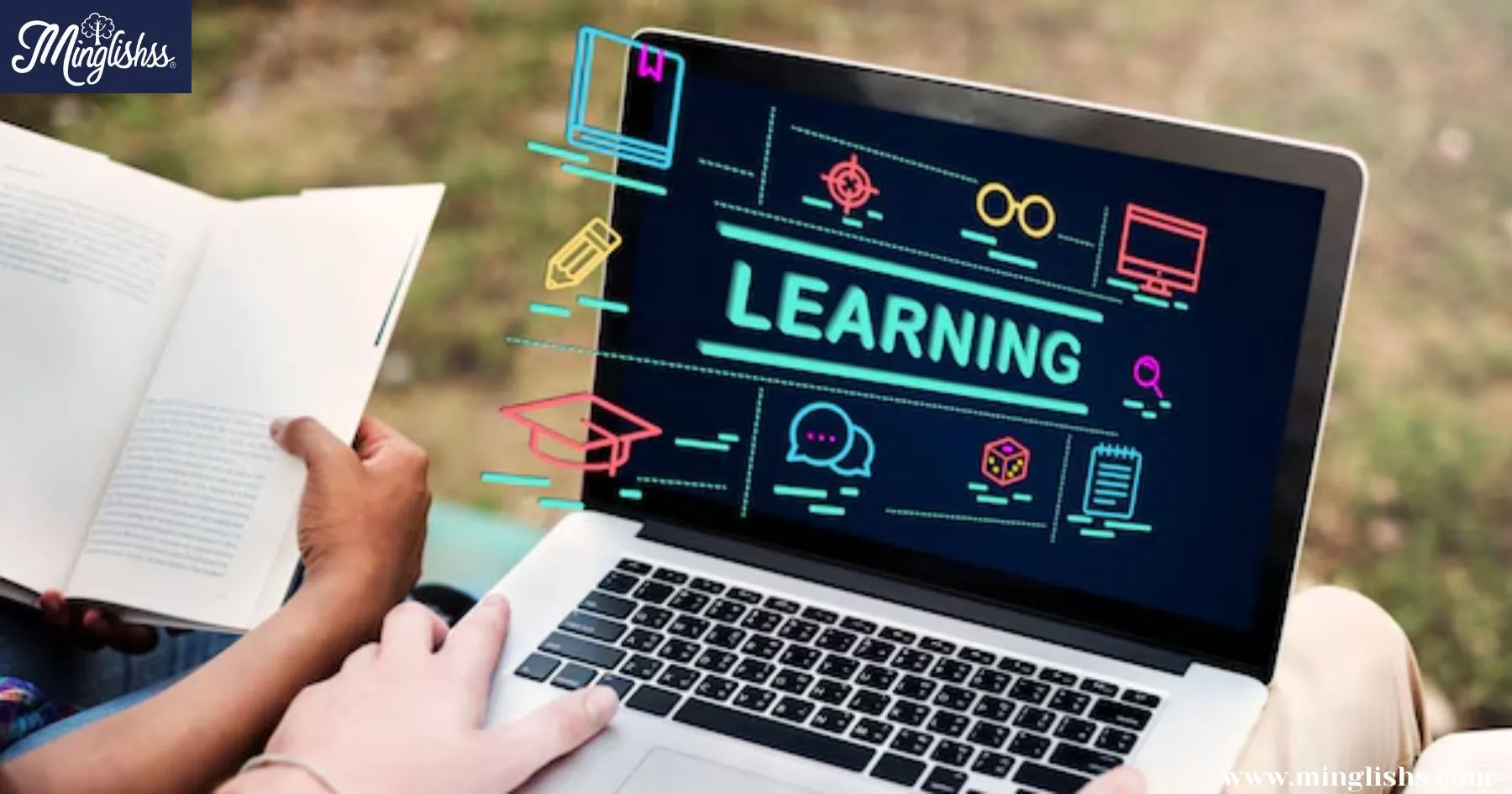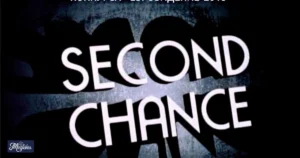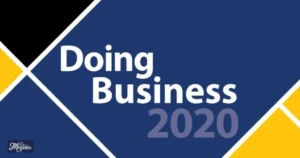“Embrace every challenge as a stepping stone to growth and success!”
In our journey through life, we encounter countless experiences that shape and redefine us. These experiences, especially those that involve a steep learning curve, often leave a lasting impact.
Whether it’s a professional challenge or a personal milestone, each encounter contributes something valuable, turning us into more knowledgeable and resilient individuals. Recognizing and sharing these “valuable learning experiences” can be incredibly empowering, not just for ourselves but for those around us.
If you’re here, you’re likely looking to find better ways to express these transformative moments. Maybe you’re crafting a resume, preparing for an interview, or simply want to convey the depth of your journey to friends and family. By choosing the right words, you can make your experiences resonate even more with those listening or reading.
This guide offers 35 unique phrases to describe “valuable learning experiences” along with scenarios, explanations, and actionable insights to help you articulate them effectively. Let’s dive in and find the expression that best captures your journey!
35 Ways to Describe Valuable Learning Experiences
1. Eye-Opening Journey
Scenario: Sarah took on a challenging project in a new industry. By the end, she understood the intricacies of the field better.
Explanation: An “eye-opening journey” implies a transformative experience that reveals new insights and perspectives. It’s ideal for describing a moment when you were exposed to something unexpected or insightful.
Additional Tip: Use this phrase to convey experiences that led to a shift in understanding or a new worldview.
2. Insightful Encounter

Scenario: During a business trip, Robert met an industry expert who changed his approach to management.
Explanation: An “insightful encounter” suggests a brief yet impactful experience where someone or something left a lasting impression, offering new knowledge or skills.
Additional Tip: Ideal for describing one-off events that had a profound impact on your way of thinking.
3. Formative Chapter
Scenario: Emma’s first year at her job was tough but essential to her career growth.
Explanation: “Formative chapter” refers to a period that significantly contributed to your growth and development, making it a fitting choice for long-term experiences that built your foundation.
Additional Tip: Use this for experiences that shaped your professional or personal identity over time.
4. Pivotal Moment
Scenario: When David handled a project crisis successfully, it changed his approach to problem-solving.
Explanation: A “pivotal moment” signifies a crucial turning point that had a major impact on future actions or perspectives. This expression works well for describing life-changing or career-defining moments.
Additional Tip: Best used to emphasize a single point in time that brought about a significant change.
5. Transformative Experience
Scenario: Lisa attended a workshop that completely altered her views on teamwork.
Explanation: A “transformative experience” is one that led to profound changes in how you think, act, or approach situations, highlighting an overall shift in perspective.
Additional Tip: Great for moments that have fundamentally altered your outlook or behavior.
6. Enlightening Phase
Scenario: During her internship, Maria learned valuable skills that shaped her career path.
Explanation: An “enlightening phase” is a period where you gained wisdom or clarity, often over a sustained period, rather than in a single moment.
Additional Tip: Use this for describing experiences that provided clarity over time rather than instant realization.
7. Milestone Achievement
Scenario: After completing a demanding project, Ben realized his true potential.
Explanation: A “milestone achievement” represents a noteworthy accomplishment that’s both a success and a learning opportunity, perfect for career highlights.
Additional Tip: Effective in resumes to highlight achievements that were also significant learning moments.
8. Revelatory Experience

Scenario: Sam’s volunteer trip opened his eyes to global issues and his role in addressing them.
Explanation: A “revelatory experience” is a deep, often surprising realization that reshapes your perspective. This phrase is suitable for transformative moments with lasting impacts.
Additional Tip: Ideal for significant personal growth moments with a lasting influence.
9. Growth Opportunity
Scenario: Managing a difficult team taught Anna valuable leadership skills.
Explanation: A “growth opportunity” signifies a challenging scenario that provided a platform to develop skills or character, ideal for career-oriented contexts.
Additional Tip: Excellent choice for experiences that required you to step out of your comfort zone.
10. Crucial Learning Curve
Scenario: James faced steep challenges during his first job, which prepared him for future roles.
Explanation: A “crucial learning curve” is often a tough phase where you must quickly adapt, making it suitable for difficult but rewarding experiences.
Additional Tip: Use this to describe experiences that helped you master essential skills quickly.
11. Valuable Insight Gained
Scenario: Collaborating with diverse teams taught Amy about different work styles.
Explanation: This phrase is perfect for situations where a specific lesson or realization was the main takeaway, adding a sense of acquired wisdom.
Additional Tip: Great for describing concise yet impactful learnings.
12. Defining Experience
Scenario: Mark’s volunteer work redefined his approach to empathy and service.
Explanation: A “defining experience” is one that shapes core values or skills, creating a clear sense of personal or professional identity.
Additional Tip: Use this for experiences that led to a clear, lasting impact on your beliefs or practices.
13. Life-Changing Lesson
Scenario: Emma’s trip abroad opened her eyes to a different culture and changed her worldviews.
Explanation: A “life-changing lesson” conveys an experience with profound impact, often altering your approach to life itself.
Additional Tip: This phrase works well for describing transformative, eye-opening moments.
Other Ways to Say Welcome to the Team
14. Personal Breakthrough
Scenario: John’s first presentation taught him confidence and improved his public speaking.
Explanation: A “personal breakthrough” is a moment when you overcome a personal challenge or limitation, helping you grow stronger or more confident.
Additional Tip: Suitable for individual achievements that required personal courage or resilience.
15. Skill-Building Opportunity
Scenario: Lucy learned valuable negotiation skills while leading her first project.
Explanation: This phrase is ideal for describing experiences that directly contributed to developing specific skills.
Additional Tip: Use this phrase to highlight concrete skills gained from hands-on experiences.
16. Invaluable Life Lesson
Scenario: Handling a customer complaint taught Matt patience and professionalism.
Explanation: This expression reflects a situation that provided essential insights for handling future challenges, especially in real-life settings.
Additional Tip: Effective for describing life skills that carry over into many areas.
17. Unforgettable Challenge
Scenario: Sophia had to manage a crisis situation, pushing her to think on her feet.
Explanation: An “unforgettable challenge” implies a tough situation that left a strong impression and brought significant growth.
Additional Tip: Use this for describing memorable, intense experiences that required quick thinking.
18. Professional Milestone
Scenario: Being promoted taught Jake the importance of accountability.
Explanation: A “professional milestone” is a significant career event that signifies growth and achievement, often accompanied by valuable lessons.
Additional Tip: Ideal for resume or interview use, especially for career-related achievements.
19. Enriching Experience
Scenario: Emma’s summer internship gave her hands-on skills in her field of study.
Explanation: “Enriching experience” works well to describe moments that added depth to your knowledge or skills in a fulfilling way.
Additional Tip: Use this phrase for experiences that expanded your knowledge in a meaningful way.
20. Foundational Experience

Scenario: Liam’s first job laid the groundwork for his future career path.
Explanation: A “foundational experience” signifies the groundwork or base from which further skills and knowledge are built.
Additional Tip: Great for describing experiences that established your basic understanding or abilities.
21. Character-Building Moment
Scenario: Maria’s year abroad tested her adaptability and independence.
Explanation: This phrase suggests a scenario that strengthened your resilience, adaptability, or other personal qualities.
Additional Tip: Ideal for describing experiences that shaped or tested personal values.
22. Impactful Encounter
Scenario: Ben’s chance meeting with a mentor changed his approach to career planning.
Explanation: An “impactful encounter” is brief but powerful, leaving you with new insights or inspiration.
Additional Tip: Use this to highlight meetings or conversations that influenced you significantly.
23. Growth-Driven Challenge
Scenario: Facing a technical issue independently taught Sofia self-reliance.
Explanation: A “growth-driven challenge” refers to a difficult situation that pushed you to develop new abilities or knowledge.
Additional Tip: Effective for scenarios where growth was the primary outcome, even if the challenge was difficult.
24. Learning Opportunity
Scenario: Working with a diverse team gave Joe insight into teamwork dynamics.
Explanation: A “learning opportunity” simply conveys an experience where new skills or knowledge were gained.
Additional Tip: Useful in a variety of contexts, especially for everyday or ongoing growth experiences.
25. Real-World Education
Scenario: On-the-job training taught Mia essential industry skills.
Explanation: This phrase is perfect for describing practical experiences that taught you through hands-on learning.
Additional Tip: Ideal for resume-building or describing on-the-job experiences.
26. Self-Discovery Journey
Scenario: Traveling solo helped Max understand his strengths and independence.
Explanation: A “self-discovery journey” implies a personal experience that helped you learn about yourself on a deeper level.
Additional Tip: Great for conveying experiences that led to personal growth or self-awareness.
27. Career-Defining Moment
Scenario: Leading her first project changed Olivia’s confidence as a manager.
Explanation: A “career-defining moment” represents a significant event that impacted your professional path.
Additional Tip: Use this to highlight achievements that have played a pivotal role in your career.
28. Significant Life Event
Scenario: Becoming a parent gave Mark a new perspective on responsibility.
Explanation: This phrase captures impactful experiences with lasting effects on life or career.
Additional Tip: Best for events with a deep personal or professional impact.
29. Hands-On Learning
Scenario: Working with experienced colleagues taught Ben new methods and skills.
Explanation: “Hands-on learning” implies practical, immersive experience where learning occurs actively.
Additional Tip: Perfect for describing experiences that involved learning through direct involvement.
30. Trial by Fire
Scenario: Mia’s first presentation was challenging but taught her confidence under pressure.
Explanation: “Trial by fire” represents a challenging experience where quick adaptation was necessary.
Additional Tip: Use this to show resilience in handling sudden or intense situations.
31. Reality Check

Scenario: Rachel’s first job showed her the realities of corporate life.
Explanation: A “reality check” describes a moment that grounded you and offered real-world perspective.
Additional Tip: Useful for scenarios where idealistic views were replaced by practical insights.
32. Mind-Expanding Experience
Scenario: Studying abroad broadened Jake’s cultural understanding.
Explanation: This phrase highlights experiences that open your mind to new perspectives or ways of thinking.
Additional Tip: Suitable for describing exposure to different cultures or new fields.
33. Turning Point
Scenario: After facing a major failure, Liam redefined his approach to success.
Explanation: A “turning point” represents a moment of change that redirects your focus or path.
Additional Tip: Great for significant life or career changes that led to new beginnings.
34. Stepping Stone
Scenario: Her internship gave her the skills needed for her next job.
Explanation: A “stepping stone” signifies an experience that helped you move toward future goals.
Additional Tip: Best used for early experiences that prepared you for greater responsibilities.
35. Memorable Learning Curve
Scenario: Adjusting to a new role, Maria quickly picked up necessary skills.
Explanation: This phrase is ideal for describing a period of rapid learning that was challenging but rewarding.
Additional Tip: Suitable for scenarios where you had to adapt and learn quickly.
Pros and Cons of Using Different Expressions
When it comes to choosing the right phrase, consider the pros and cons of each option to best fit your audience and message.
Pros:
- Clarity: Using specific phrases helps clarify your message and allows others to grasp the impact of your experience.
- Engagement: Unique expressions capture attention, making your experience more memorable to the reader.
- Professionalism: Certain terms are more suited for formal contexts, which can enhance your professional image.
Cons:
- Overuse of Clichés: Some expressions may seem overused if not chosen carefully, reducing their impact.
- Context Sensitivity: Not all phrases are suitable for every situation; using the wrong one may confuse your audience.
- Complexity: Overly complex phrases might make your experience seem insincere or forced, especially in informal contexts.
Conclusion
Communicating your experiences effectively is key to leaving a lasting impression. By exploring different ways to express “valuable learning experience,” you can add depth and personalization to your narratives.
Whether in personal conversations, job interviews, or professional writing, these phrases allow you to share not only what you’ve learned but also how it has shaped you. Choose the terms that best fit your unique journey, and remember: each phrase is an opportunity to convey the richness of your experiences.
Answers to Key Question”valuable learning experience”
1. Why is it important to find new ways to say “valuable learning experience”?
Using varied expressions can enhance clarity and impact, making your experiences more memorable and relatable, especially in professional or personal storytelling.
2. Which terms are best for a professional resume?
Phrases like “professional milestone,” “skill-building opportunity,” and “career-defining moment” are well-suited for a resume, showcasing growth and achievement.
3. How do I choose the right term for a specific situation?
Consider the context and the impact you want to convey. For formal contexts, use expressions like “foundational experience,” while phrases like “eye-opening journey” work well in casual storytelling.
4. Can these phrases be used in interviews?
Yes! Expressions like “pivotal moment” and “turning point” can add depth and specificity to your responses, making them more engaging for interviewers.
5. Are there any terms that should be avoided?
Avoid overused expressions or any that feel forced in the given context. Choose phrases that genuinely reflect your experience.

Hi, I’m Ethan Matthews: I make English easy with my clear and simple teaching style. I love helping learners feel confident in every lesson.










